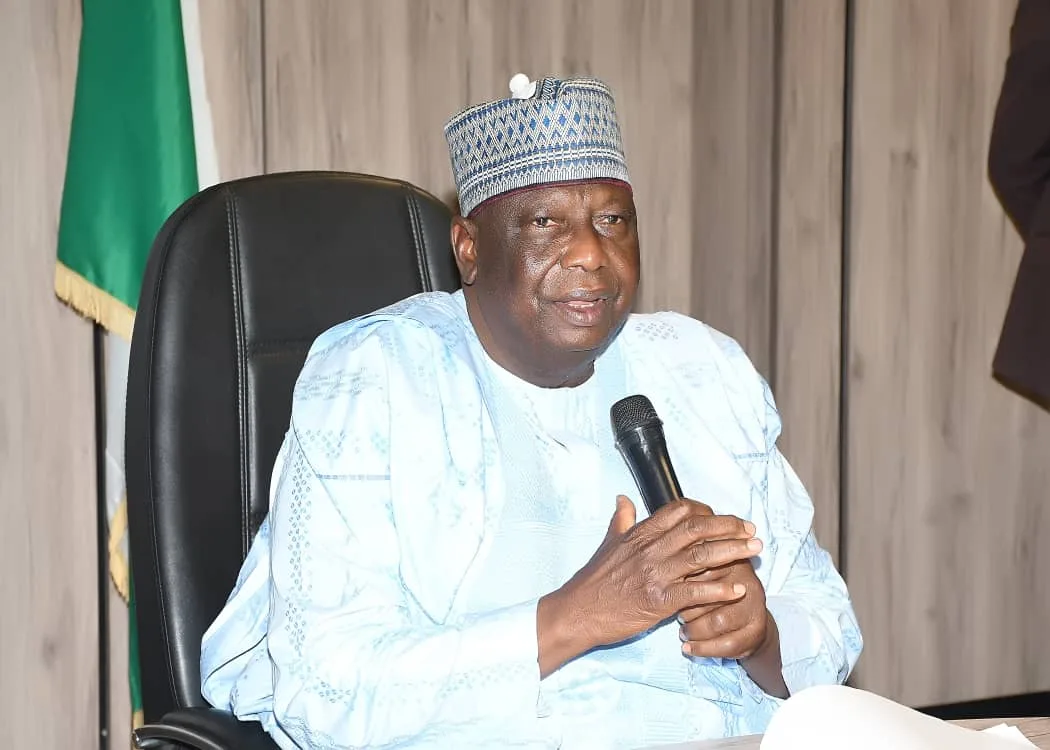By Halima Abdulazeez
Despite the complexities, it’s important to recognize that pre-colonial African traditions and values celebrated women’s power, contributions, and importance in ways that challenge simplistic narratives of female subordination. Understanding this history is crucial for building a more equitable future.Women held positions of power, respect, and influence often overlooked in historical narratives dominated by colonial perspectives. There were Queen Mothers and Royal Women in many kingdoms; women held significant political power, often serving as advisors to the king or ruling in their own right. Examples include the Queen Mothers in Ashanti (Ghana) who played a crucial role in selecting chiefs, Queen Nzinga of Angola who led resistance against Portuguese colonization and Queen Amina of Zauzau who ruled in the mid-16th Century.
The Dahomey Amazons (Benin) are a well-known example of an all-female warrior corps that played a crucial role in the kingdom’s defense.Nigeria, a nation with potential, is being quietly eroded by a destructive force: misogyny. Our headlines may scream of corruption and insecurity, but the insidious impact of deeply ingrained misogynistic values creeping into our politics is being tragically overlooked. It’s time to shine a light on this unseen pandemic, this slow poisoning that debases women and, in turn, threatens to cripple our entire societal structure.This isn’t simply about individual men “hating on women.” In Nigeria, misogyny is a deeply rooted systemic issue, a web woven into the fabric of our society. It manifests as a persistent belief in male superiority, a subtle devaluation of women’s vital contributions, the insidious objectification of women, and a prevailing justification for controlling their freedom and their bodies. This toxic ideology isn’t confined to remote villages or antiquated traditions; it thrives in our bustling cities, within the walls of our homes, and even within the hallowed chambers.The constant, often subtle, barrage of messages telling girls they are somehow less valuable than boys relentlessly chip away at their self-esteem and confidence. This insidious erosion makes them far less likely to pursue leadership roles, to challenge harmful societal norms, or to realize their inherent potential.
This sense of inferiority, fostered by a culture of ingrained misogyny, can have devastating lifelong repercussions, profoundly impacting their relationships, their career aspirations, and their overall well-being.Perhaps the most alarming consequence is the heightened risk of violence and abuse that Nigerian women face. Violating a woman or a girl’s right to speak out against any form of injustice or abuse has become, appallingly, almost commonplace. Consider the disturbing case of Senator Natasha Akpoti-Uduaghan, who is battling to return and retain her seat in the Senate simply for daring a system that would rather keep her silent. Even though we may not always agree with how she expresses her frustration, it is our collective responsibility to listen, to investigate her claims, and to hold the guilty parties accountable. Yet, instead of seeking the truth, the Senate, seemingly desperate to protect a figure, slammed her with a suspension. Meanwhile, the opposition in Kogi State also launched a shady recall process, clearly aimed at silencing her voice permanently.As if that wasn’t choking Nigerians enough, fast forward to March 26th 2025. Mrs. Oby Ezekwesili, the respected former Minister of Solid Minerals, appeared before the Senate Ethics Committee as Senator Natasha’s witness in the harassment case.
She inadvertently ignited the fury of the Senate Deputy Chief Whip, Onyekachi Nwebonyi, who has never made any secret of his animosity towards Natasha and her accusations of sexual harassment and intimidation against Senate President Akpabio and, by extension, the entire Senate. Senator Nwebonyi’s overtly defensive and wholly inappropriate reaction to Mrs. Ezekwesili’s insistence to be heard only confirmed the disturbing truth: that Nigeria is, indeed, sliding dangerously into deeply ingrained misogynistic tendencies. As Kurtis Adigba rightly observed, “What else does anyone watching need to know that the men in the Senate have no tolerance for women?”This disturbing pattern is further underscored by the alarming surge in reported cases of gender-based violence across the nation, too often fueled by social media platforms and a pervasive culture of victim-blaming, which together paint a grim picture of the challenges facing women in Nigeria today. But the damage doesn’t stop with girls and women.
Tragically, Nigerian boys are also victims of this insidious ideology. From a young age, they are pressured to conform to rigidly defined masculine stereotypes, forced to suppress their emotions and denied the fundamental human right to express vulnerability. This enforced emotional repression can lead to profound difficulties in forming healthy relationships, significantly increased aggression, and a drastically higher risk of developing serious mental health issues later in life.The deeply ingrained belief that men are inherently entitled to dominance and control over women breeds a pervasive sense of disrespect, contributes directly to the perpetuation of harmful behaviors, including sexual harassment and domestic violence.
Tragically, boys who are raised to believe that women are primarily objects of sexual desire rather than fully realized human beings are far more likely to engage in exploitative and abusive relationships.We must, as a society, acknowledge that the unseen wounds of misogyny are crippling our politics and jeopardizing out values. Only then can we begin to heal and build a more just and equitable nation for all.
©Halima Abdulazeez
Halima Abdulazeez is a Lagos-based poet and writer known for her poetry collection, ‘Soul Rants: A Journey from Within’. She also dedicates her time and expertise as Treasurer of PEN International’s Nigerian Center and as a Communications Officer at Caprecon International Development Foundation.




